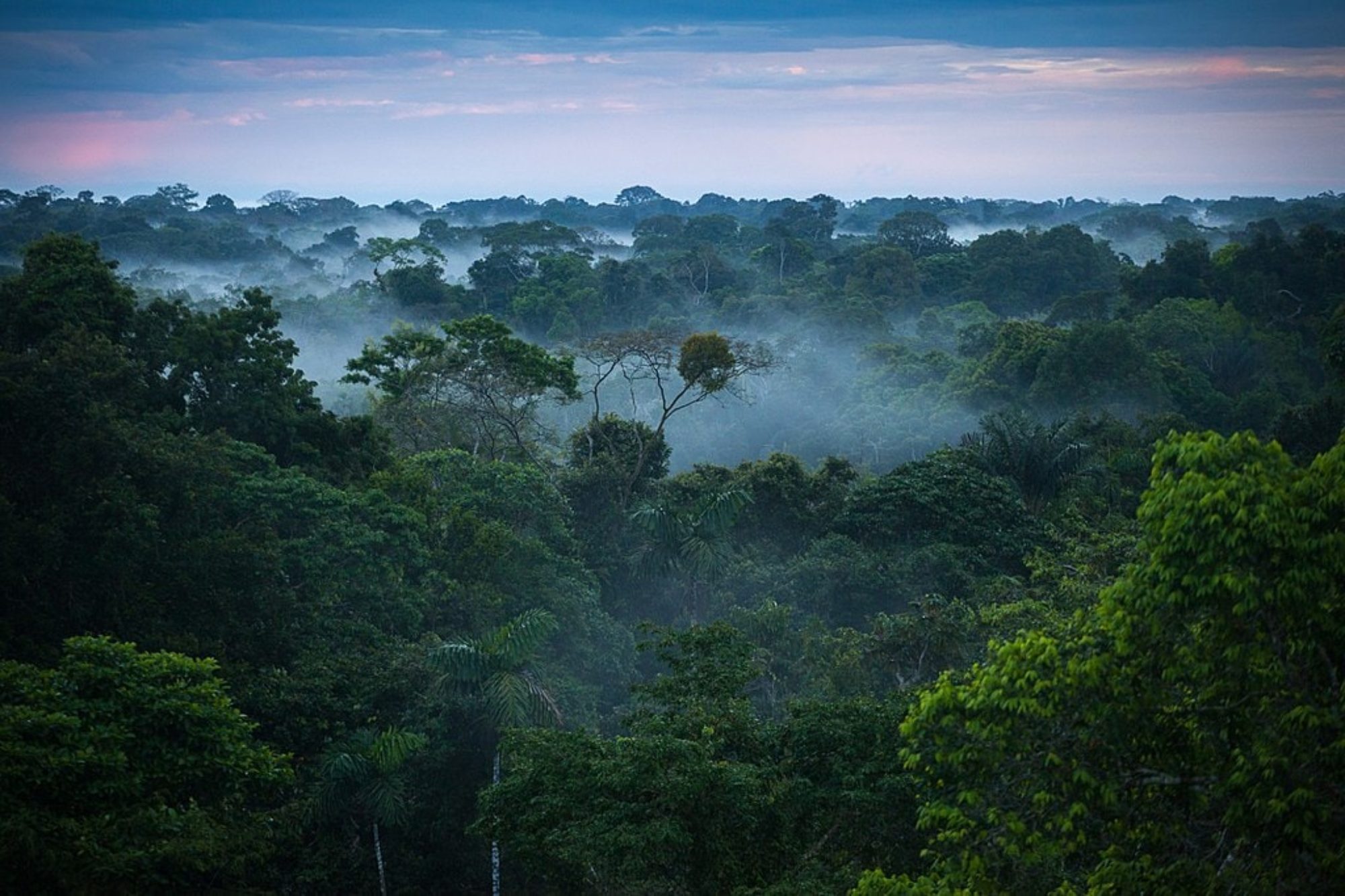Africa needs more jobs. That’s no secret.
One place we’ll find them is in new vocations that extend the digital economy.
Here in Nigeria, we have a serious unemployment and underemployment problem. And formal education is clearly not the solution. We’ve been averaging half a million graduates a year, which is a lot, but not much. That’s a quarter of a percent of our population. But the problem is, even that small number of graduates is too many for us. We are creating less than 200,000 formal jobs a year. And so, we only have a new job for 2 out of every 5 new graduates. The rest are joining the long queue of “applicants” – graduates left unemployed, at times for up to a decade. So, more universities isn’t the answer. Not yet. The jobs aren’t there. We haven’t yet built the economy that can create 500,000 white collar jobs a year. We simply lack all the infrastructure such an economy needs: energy, transport, and telecoms networks; financial system; literacy levels; record-keeping. So the jobs we currently have a demand for, are the technicians to help us build these missing parts. We need more vocational training. Far more than more academic1.
But we need to change what we think of as “vocational”. Most Nigerians reading this may be thinking electricians and plumbers. Of course, we need more of them. If we really want to light up the entire country, or provide access to clean water for all, we need more of them. But, as I said earlier, physical infrastructure isn’t our only need. We also need to build:
- financial infrastructure (better access to the financial system for all);
- digital infrastructure (better access to lifechanging online services);
- knowledge infrastructure (better access to and use of information we all produce everyday just by living, and which needs to be gathered, recorded, analysed, and acted upon, to fix our biggest problems).
These are the new infrastructures that undergird the digital economy, and which Africa has failed to build, just as much as we have failed to build roads and power grids. We need technicians with vocational training to build them too.
In a Twitter conversation about this need, I tweeted this:
“There is also a space, until the digital divide narrows, for some type of “extension service”. Basically, brick and mortar agent networks for online services.”
Agent networks are physical locations like kiosks, stores, gas stations, or even taxis, where the unbanked and those without internet, can access third party digital services, like paying a bill online, or sending money to someone’s mobile wallet.
But thinking about the discussion over Christmas chicken, I saw that agent networks are just one branch of a larger tree of jobs that could be planted in Africa.
I asked myself, what does an agent network really do?
Answer: It helps someone use a digital service, who previously would be unable to.
Most customers of an agent network:
- Don’t have the device/internet to access the service (lack of digital infrastructure);
- Don’t have internet-friendly payment tools like cards, or are reluctant to use them (lack of financial and knowledge infrastructure).
So, an agent network is simply building digital, financial, and knowledge infrastructure.
And it occurred to me that, all over Africa, there are other vocations and business models that also plug the gaps in the digital economy’s new infrastructure. If only someone was documenting them. And so I added 2 more items to my To-Write List2:
- curate a list of vocations that should exist in the growing african economy, especially in the “adaptor sector”.
- turn this list into a blog
The Adaptor Sector is what I’m calling this group of workers, entrepreneurs, and even corporations, who exist to patch and build our digital economy’s infrastructure. They make the square peg of digital services fit the round hole of the Informal Sector and the Bottom Of The Pyramid. And this blog will be looking out for these new “digital vocations” in all their forms all over Africa and the developing world. My hope is to broaden my own understanding of the ecosystem they are organically putting together, and start conversations about how private investment, government policy, and social interventions, can leverage on them.
- But we need both. We still have abysmally few professionals in many white collar fields. I’m simply saying those gaps get far more attention than the vocational deficit, and this needs to change.
- Organizational hack: have separate to-do lists for the things you do for work and for pleasure, and break up your day into timeslots for each.

